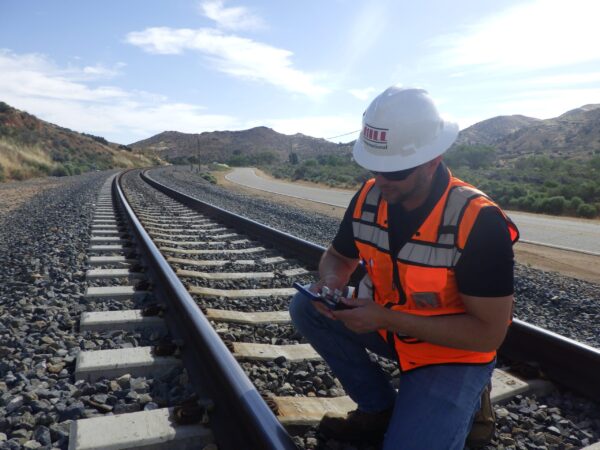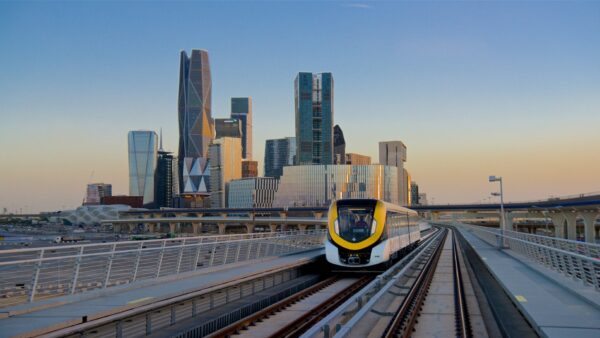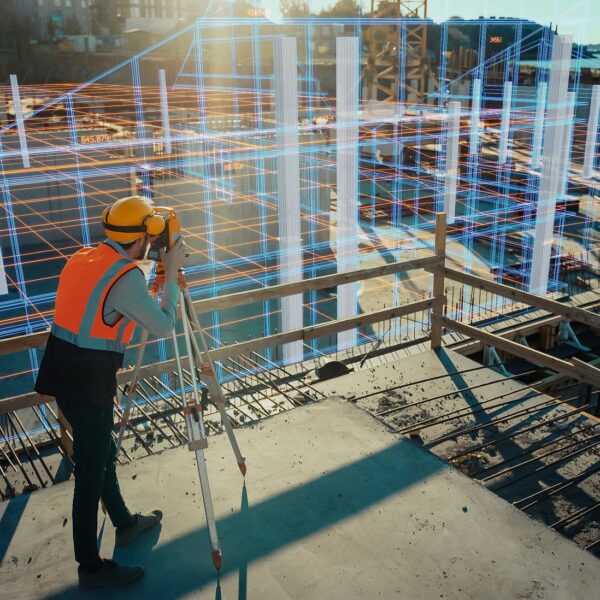
December 12, 2024 | Articles
Progressive Design-Build for Rail and Transit Projects: Room to Run

In Spain, after 50 days of confinement, we are preparing to return to activity. During those 50 days, our lives have been changed. We must now ask ourselves serious questions: Will these be lasting changes? Will we have learned something to better our circumstances in the future? Will we revert to our normal lives as if COVID-19 had not happened?
Hill International’s teams in Spain know that there are lessons that we can learn and solutions that we can implement following COVID-19. Here are some reflections:
We have been forced to change our habits overnight. We have had to relearn how to live and work during this time of confinement, often making extreme adjustments to reconcile family life with professional activity.
Without a doubt we are social beings, and if there is one aspect that has been truly difficult for us in this situation, it is that we are unable to assert our human factor. Losing contact with others deprives us of all the non-verbal communication and interaction that helps us to better comprehend how our interlocutors feel, to adapt our messages accordingly, and to build a real emotional connection, beyond words, with the other person. This is often more comforting and effective than remote communication.
When we reunite, we will again find that space that makes us human: communication, sharing, celebration. But we must also take advantage of the best things that we have learned during COVID-19. We are a continuously adapting species and we have the opportunity to take a major step. Let’s do it!
About the Authors
Marián Prieto is the vice president and country manager for Hill International’s operations in Spain.With over 25 years of professional experience, she has held management positions in several of the largest Spanish companies in the real estate and construction sectors, including investment funds related to the hotel sector, major construction companies, and consulting and project management firms. She joined Hill in 2010 and after five years leading Project Management Operations, was appointed vice president and country manager for Spain to lead a new phase in the company’s growth process.
Susana Laguna is business development coordinator at Hill International in the firm’s Madrid office. An industrial engineer and master in project management, shehas 15 years of professional experience. She began her career at Hill as project manager and later joined the business development team, a position from which she has provided continuous support to the company’s marketing and communication initiatives.
Share

December 12, 2024 | Articles
Progressive Design-Build for Rail and Transit Projects: Room to Run

December 9, 2024 | Articles
Unlocking Growth: Maximizing the Benefits of the SBA’s Mentor-Protégé Program

December 8, 2024 | Articles
Mediterranean Luxury a Century in the Making: Four Seasons Resort Mallorca at Formentor

November 23, 2024 | Articles

November 15, 2024 | Articles
The Ruiz Picasso 11: Delivering Sustainability in the Heart of Madrid

November 13, 2024 | Articles
Hill International Takes Riyadh Metro Project to Finish Line

November 11, 2024 | Articles

November 3, 2024 | Articles
Negotiating Success: Hill Contract Administrator Christine Prettyman

October 22, 2024 | Articles
Walking the Talk: New Vice President, Rail and Transit Gavin Martin

October 18, 2024 | Articles
Future-Proofing Projects: Janakiram VVS Talks India’s Digital Transformation